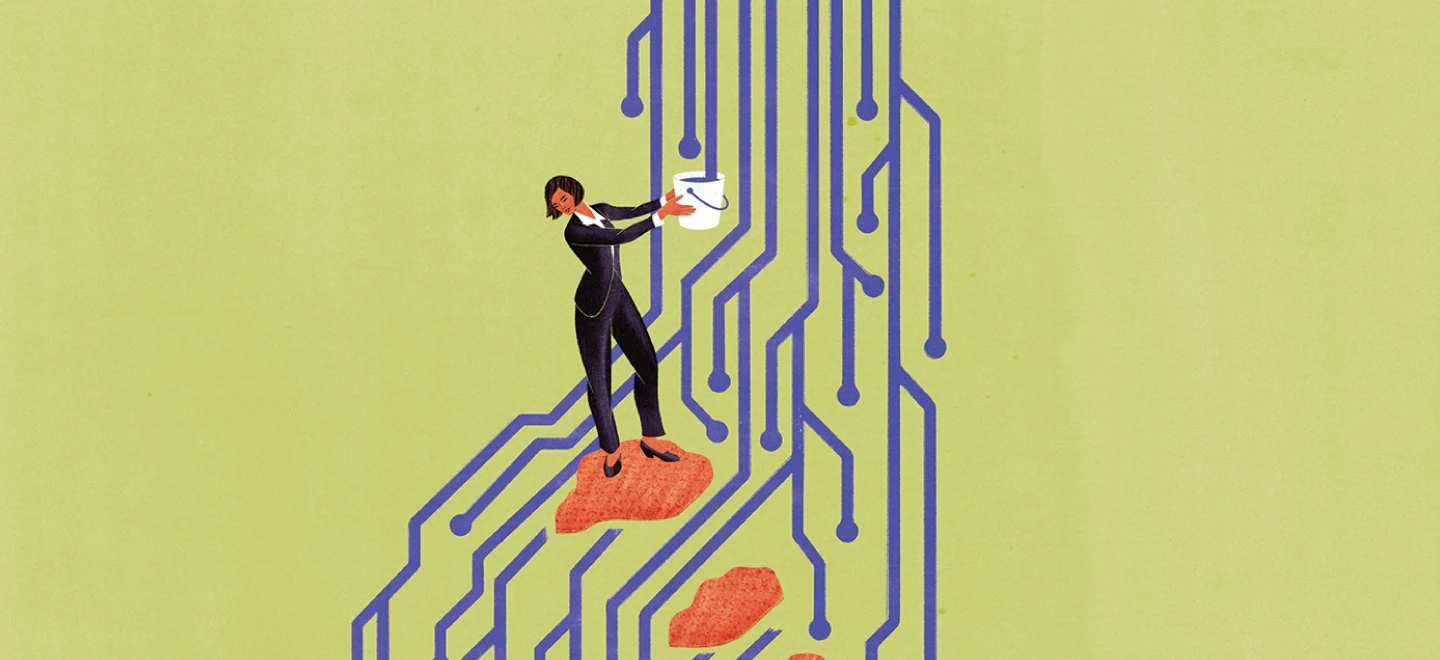As society becomes increasingly immersed in the digital world, the benefits of evolving technology continue to make our lives easier and more straightforward. However, advancing technology also poses issues from an ethical standpoint, with companies seeking to protect their consumers’ interests. Navigating ethics with the added component of technology means that businesses have an even greater responsibility to safeguard their customers, both online and offline.
Individuals should be aware of how companies are protecting their customers before doing business with them. It is always advisable to interact with ethically responsible companies, mitigating the risks of exploitation.
What Are the Ethical Challenges Faced by Companies?
There is a myriad of ways individuals can be exploited while shopping, playing games and using the Internet. Companies have a duty of care to ensure that they are as safe as possible in the digital world and there are some key issues that have to be negotiated regardless of the sector or size of the company.

Handing over personal information
Engaging with companies online inevitably involves handing over personal information. People enter details to make online purchases, to use social media and to browse. Giving out personal data is something that many of us do without a second thought and companies can use the information to personalize the experience to each prospective customer, but there are inherent risks associated with doing so.
Data has become increasingly valuable. Companies want to know what people are interested in, what content they like to read or watch and what products they want to buy. Selling this data to third parties is common and can be lucrative for businesses, but a potential annoyance to individuals.
The development of Artificial Intelligence
There is no slowing the rapid development of Artificial Intelligence and it offers great potential for businesses. It can increase efficiency in key processes, save time and cut costs. Given the fact that over half of businesses utilize AI in cybersecurity and fraud management and also believe that AI can facilitate more positive relationships with customers, it’s clear that this advancing technology will have an impact for years to come.
However, there are ethical considerations which must be taken into account. Ultimately, Artificial Intelligence works by analyzing data and making decisions based on that data. If humans train AI models with biased data, these platforms will make biased decisions. This can have serious ramifications if AI is used in criminal justice or human resources, for example, leading to the exacerbation of social inequalities.
Health and location tracking
The Covid-19 pandemic led to the use of apps to monitor positive cases and contract tracing to limit the spread of the disease. Whilst it has been proven to be exceptionally useful, especially as manual contract tracing was too monumental a task, the practice raises questions around the subject of privacy.
Health and lifestyle trackers are becoming more popular, and people are using them to enhance their workout routines, track their sleep patterns and communicate with healthcare providers about medication. Companies have access to scores of personal data which can then be sold on to third parties and with many people in the dark over how their data is used, consent and privacy are becoming even more prevalent.
The future of healthcare technology is exciting and is seeking to narrow the existing gaps in healthcare, improving communication between professionals and their patients. However, this must be done responsibly and without infringing on patients’ rights.
How are Companies Tackling These Ethical Concerns?
Some of the world’s biggest companies are taking steps to manage these risks; Microsoft, Facebook and Twitter, among others, have set up their own internal departments to address the ethical concerns associated with the widespread collection of personal data. It is crucial that companies develop their own framework of regulations to ensure that ethical processes are followed to the letter. However, it is not only the tech giants who are determined to protect consumers’ interests and all sectors must be aware of their responsibilities.
Online Gaming
The popularity of online gaming has risen sharply in recent years, and with an estimated 1.1 billion gamers worldwide, gaming companies must take accountability for digital ethics. The increased capabilities of smartphones and tablets means that gaming can take place 24/7, both in and out of the house. As much as this advances the growth of gaming companies, it also increases the risk of exploitation of their customers.
Happily, gaming companies are taking steps to stamp out cyberbullying and cheating, both of which can occur on their platforms and ruin the user experience. Online casinos are also aware of the potential for addiction and reputable companies put time and deposit limits in place to mitigate the risks, allowing players to enjoy high-stake activities like playing slot games in a responsible manner.
Online Shopping
Retailers in particular have made great progress in striving to meet ethical standards. With a greater shift towards transparency, consumers are demanding more accountability in the hope that they are handing over their money to suppliers and vendors who meet those moral standards. Given this drive towards openness, it should come as no surprise that they are also seeking to source data from ethical third parties when reaching out to potential customers.
Digital Banking
Banks are also at the forefront of driving change and taking accountability, trying to ensure that high standards of ethical processes are followed. With the numbers of customers using online banking continuing to rise and forecasts predicting 216.8 million digital banking users in the US by 2025, it’s evident that banks must have secure processes in place to guarantee transparency and responsibility. The key factor in the relationship between financial institutions and their customers is trust, and banks are appointing staff members to create ethical frameworks to ensure that their consumers are protected.
As companies continue to benefit from the potential of digital advancement, it is essential that their consumers’ rights are protected. Ethical frameworks, once put in place, can go a long way to establishing companies as trustworthy and affording users valuable peace of mind.













